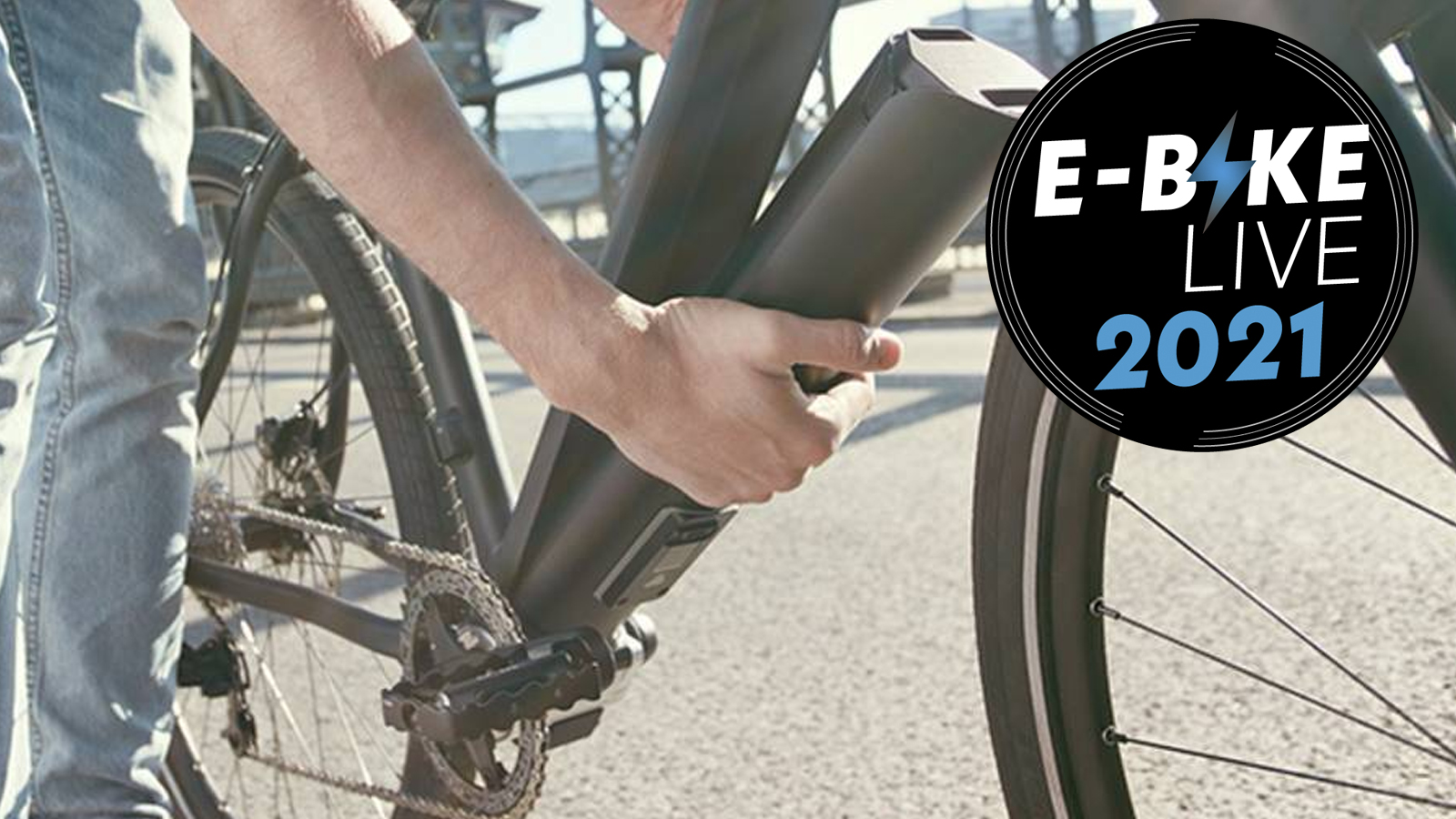Can I chip my e-bike and is it legal?
We explore the rules, regulations and ramifications of chipping your electric bike to bypass its speed limiter

E-bikes are all about going faster or further for the same energy expenditure. An e-bike allows you to unlock another level of speed and performance, allowing you to float up hills, zoom along the tarmac, and commute to work in half the time. However, e-bikes have limiters, which are meant to slow us down to keep us safe on city roads or out on the trails. But what if you wanted to go faster? What if you could take that limiter off, chip your e-bike, and go as fast as you want?
We set out to answer these questions, plus, the most important question of all: is it legal?
- Best electric bikes: Assisted bikes for road, gravel, commuting and more
- Best electric bike conversion kits: give your current bike a power boost
What does it mean to ‘chip' an e-bike?
Chipping an e-bike means removing the pedal assistance limit. Most e-bikes have a motor that assists up to a certain speed – a 250w motor that assists up to 25km/h, for example, is the limit that ensures e-bikes are considered bicycles in the eyes of the law within the UK and the European Union, however in the US, different e-bike classes come with different restrictions and legislation depends on the state you are in.
The restriction is essentially the motor’s speed limit and once you hit the speed, it won’t help you anymore. Of course, you can continue accelerating past the limit, but it will be from human power alone.
E-bike limits do not stem from the motor itself, but rather from the manufacturer’s regulations. So when people chip their e-bikes, they’re not actually pushing the electric motor to its limits, but rather removing the limiter that keeps the motor reined in.
- Best lightweight electric bikes: Not all e-bikes are heavy
- How do electric bikes work?
Is chipping my e-bike legal?
In short, no.
Chipping an e-bike is illegal because it affects its classification, changing it from bicycle to moped. This means that if you do chip your e-bike, you will have to adhere to the rules and regulations of driving a moped according to the law where you live. More on this shortly, but first it's important to establish the different e-bike classes and what they mean.
Get The Leadout Newsletter
The latest race content, interviews, features, reviews and expert buying guides, direct to your inbox!
E-bike classifications in the UK, European Union and US
In the US, the legal definition of bicycles extends to ‘pedelecs’ – a type of electric bike where the rider's pedalling is motor-assisted. Three e-bike classes are then used to further categorise the bikes, but at a federal level, e-bikes are limited to a support capacity up to 28mph (45km/h) and a motor with a continuous power supply of no more than 250w. Within this definition, cyclists do not need insurance, a driver’s license, a helmet, or a registration number. However, once you break these limits, you are legally operating a moped or other type of motorcycle.
In Europe, the conditions are similar, but here there are two categories of motorised e-bikes: e-bikes and speed bikes. E-bikes are legally defined as those whose support capacity does not exceed 25km/h and has a motor no bigger than 250w. You can ride e-bikes on bike paths, shared-use paths and public roads without restrictions, but any modification or chipping of the bike may then limit its legal capabilities.
The other classification in Europe is speed bikes: bikes with a maximum speed of 45km/h. Legally speaking, these fall into the same category as mopeds, and thus require insurance, registration, a helmet and a license to operate. Chipping your e-bike will push it into the speed bike category, and to operate it on any public road or way, you will need to adhere to those requirements.
What happens if you chip your e-bike
Generally speaking, if you can’t legally ride a motorcycle there, you can’t ride a chipped e-bike there either, so speed bikes and chipped e-bikes are banned from cycleways and shared-use paths.
Every country and local county has its own set of laws for e-bikes, so do some research before you decide to chip your e-bike. As of 2020, France instituted a new law that bans the chipping of e-bikes or manipulating them past their 25km/h limits. Violating the law could result in fines of up to €30,000 or one year in jail. Manufacturers and sellers of e-bike chipping kits could also be prosecuted.
- Best e-bike motors: Everything you need to know
- Where to buy an electric bike
Is chipping my e-bike safe?
For most customers and dealers, the risks and dangers they're exposing themselves to aren't clear at all and neither are the harsh consequences they may face.
Zweirad-Industrie-Verband (ZIV - Bicycle
What’s at risk if you choose to break these rules? Besides the legal ramifications, the manipulation of an e-bike could damage both the bike and its drive system and you will quickly lose your manufacturer’s guarantee and invalidate any warranty claims.
Arguably the most serious ramification of chipping your e-bike is the risk of an accident. You could seriously injure yourself or others, and any accident could result in high liability costs or even criminal prosecution. Accidents are more likely to happen at high speeds, and while you are increasing the speed of the bike, you aren't increasing the power of the brakes.
One of the main temptations of chipping an e-bike is that it is difficult, if not impossible, for authorities to spot one just by looking at it. However, as soon as you are in an accident, the truth will come out and you will face some serious consequences.
So yes, there are ways in which you can legally ride a chipped e-bike, but there are even more reasons not to. Not least the existence of safe and legal mopeds and motorcycles.
Zach is a freelance writer, the head of ZNehr Coaching, and an elite-level rider in road, track, and e-racing. He writes about everything cycling-related, from buyer's guides to product reviews and feature articles to power analyses. After earning a Bachelor’s Degree in Exercise Science at Marian University-Indianapolis, Zach discovered a passion for writing that soon turned into a full-fledged career. In between articles, Zach spends his time working with endurance athletes of all abilities and ages at ZNehr Coaching. After entering the sport at age 17, Zach went on to have a wonderful road racing career that included winning the 2017 Collegiate National Time Trial Championships and a 9th place finish at the 2019 US Pro National Time Trial Championships. Nowadays, Zach spends most of his ride time indoors with NeXT eSport.
